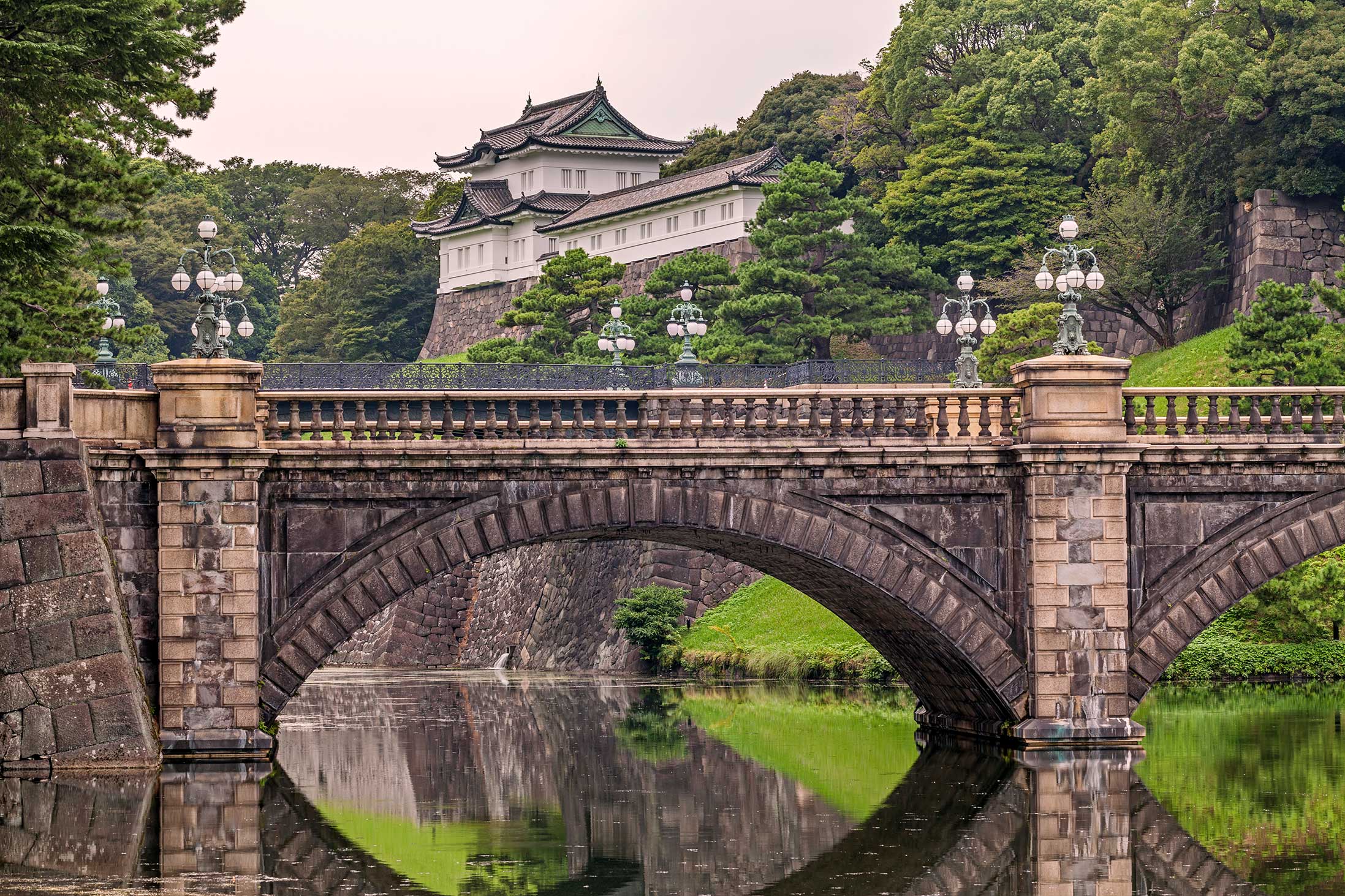1936 Revolt in Japan
An uprising was staged by young Japanese military officers . The mutineers managed to assassinate Japanese finance minister Takahasi Korekiyo. The officers held Tokyo for three days. But, the rebellion was ultimately put down and seventeen of the rebel leaders were sentenced to death.
The background to this incident can be traced back to the political, economic, and social turmoil Japan faced during the 1930s. At the time, the country was struggling with the impact of the Great Depression and rapid industrialization. This led to growing discontent among various factions within the military and the general population. Military officers, particularly younger ones, believed that the civilian government was corrupt and unable to address Japan's economic problems and imperialist ambitions.
On February 26, 1936, the young officers staged a coup, attacking several key government and military targets in Tokyo. They succeeded in assassinating Finance Minister Takahashi Korekiyo, who was seen as responsible for implementing unpopular economic policies. Additionally, they killed several other high-ranking government officials and military leaders.
The rebels occupied strategic points in Tokyo, including government buildings and key communication facilities, and held the city for three days. They demanded that the government be purged of "corrupt" politicians and called for a "Showa Restoration," which aimed to restore the Emperor's power and establish a new order based on their ultranationalist vision.
However, the coup was ultimately unsuccessful. The Emperor Hirohito condemned the uprising and ordered the military to suppress the rebellion. With support from senior military officials who remained loyal to the Emperor, the revolt was put down within a few days. In the aftermath, 17 of the rebel leaders were tried and sentenced to death, while other participants received various punishments.
The February 26 Incident exposed the fragility of Japan's democracy at the time and led to increased military influence in the government.
 >
>